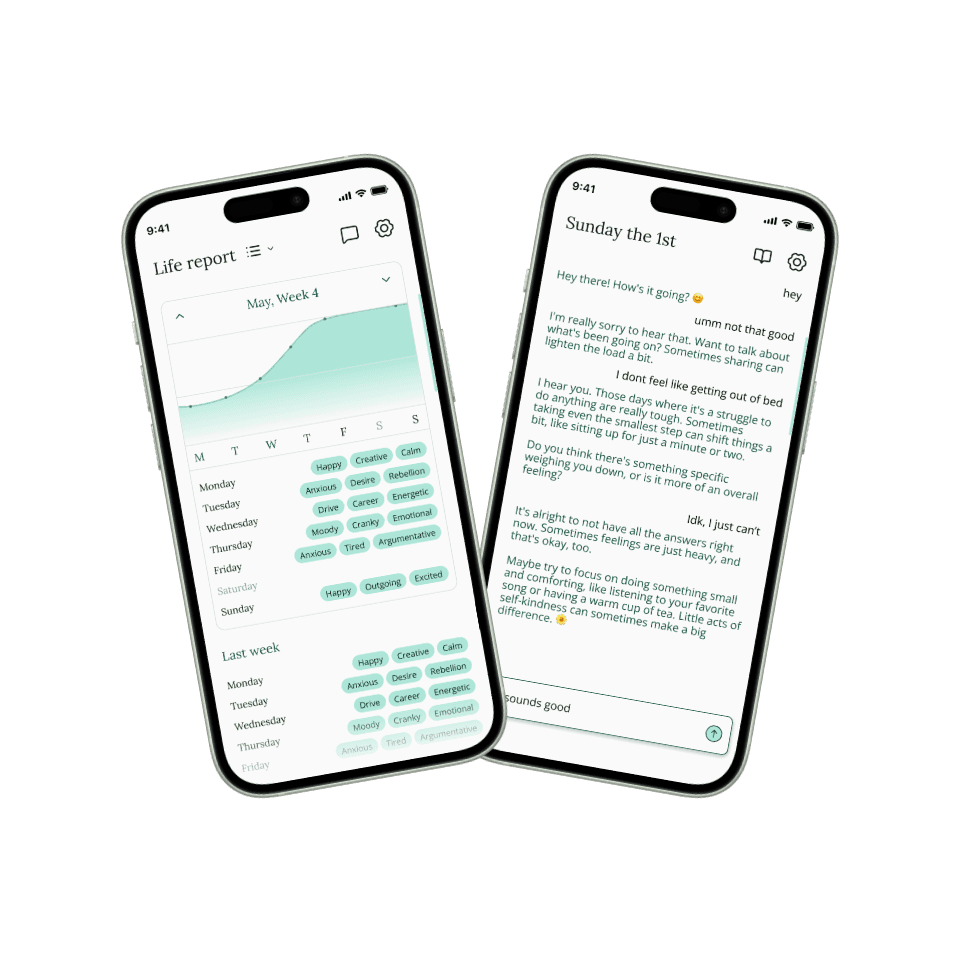
Prepping for your therapy session: A mini guide
Prepping for your therapy session: A mini guide
Jun 4, 2024
Jun 4, 2024
While the therapeutic work itself happens during the appointed hour, there are some key things you can do beforehand to ensure you get the most out of your time with your therapist. Taking a few simple steps to mentally and emotionally prepare can help you start the session grounded and ready to go deep.
Reflect on your intentions
In the day or two leading up to your appointment, spend some time getting clear on your priorities. What are the core issues you most want to explore or challenges you need support with? Make some notes on the specifics you'd like to make sure get covered. This way you'll feel focused rather than scrambling for where to start once you're there.
Check in with yourself
Do a physical and emotional self-assessment. Notice where you may be carrying tension or holding stress in your body. Sit with what feelings are most present. Make some notes on your general mental/emotional landscape to make it easier to inventory where you're at in the moment.
Gather relevant materials
Are there any documents, letters, photos or other outside materials that could provide helpful context or open up productive dialogue? Have these things ready and on hand to share concrete examples with your therapist when relevant. Sometimes visuals can be useful prompts.
Be compassionate
It's natural that difficult thoughts, feelings, or past experiences may start surfacing as you prepare to process them in session. Notice any judgement or harsh self-criticism that arises, and consciously rephrase things through a more compassionate lens. The ability to approach yourself with kindness enables deeper work.
Remind yourself of past progress
If you've been working with your therapist for a while, take a moment to reflect on how far you've already come thanks to the support you've received. This can inspire you to show up with openness and engagement for your continued growth.
By treating the therapy session as an important event to properly transition into, you're signaling to your psyche that the time is precious and worthy of full attentiveness. A little advanced self-attunement goes a long way towards having a productive and insightful session.
While the therapeutic work itself happens during the appointed hour, there are some key things you can do beforehand to ensure you get the most out of your time with your therapist. Taking a few simple steps to mentally and emotionally prepare can help you start the session grounded and ready to go deep.
Reflect on your intentions
In the day or two leading up to your appointment, spend some time getting clear on your priorities. What are the core issues you most want to explore or challenges you need support with? Make some notes on the specifics you'd like to make sure get covered. This way you'll feel focused rather than scrambling for where to start once you're there.
Check in with yourself
Do a physical and emotional self-assessment. Notice where you may be carrying tension or holding stress in your body. Sit with what feelings are most present. Make some notes on your general mental/emotional landscape to make it easier to inventory where you're at in the moment.
Gather relevant materials
Are there any documents, letters, photos or other outside materials that could provide helpful context or open up productive dialogue? Have these things ready and on hand to share concrete examples with your therapist when relevant. Sometimes visuals can be useful prompts.
Be compassionate
It's natural that difficult thoughts, feelings, or past experiences may start surfacing as you prepare to process them in session. Notice any judgement or harsh self-criticism that arises, and consciously rephrase things through a more compassionate lens. The ability to approach yourself with kindness enables deeper work.
Remind yourself of past progress
If you've been working with your therapist for a while, take a moment to reflect on how far you've already come thanks to the support you've received. This can inspire you to show up with openness and engagement for your continued growth.
By treating the therapy session as an important event to properly transition into, you're signaling to your psyche that the time is precious and worthy of full attentiveness. A little advanced self-attunement goes a long way towards having a productive and insightful session.
View more insightful blog articles
Today's tune



Track your mental health and get support between sessions with Verba
Learn more

Track your mental health and get support between sessions with Verba
Learn more

Track your mental health and get support between sessions with Verba
Learn more

Advait Naik
Advait is the founder of Verba and works at the intersection of psychology, design and technology to create a product that can help humans be more self aware through clarity